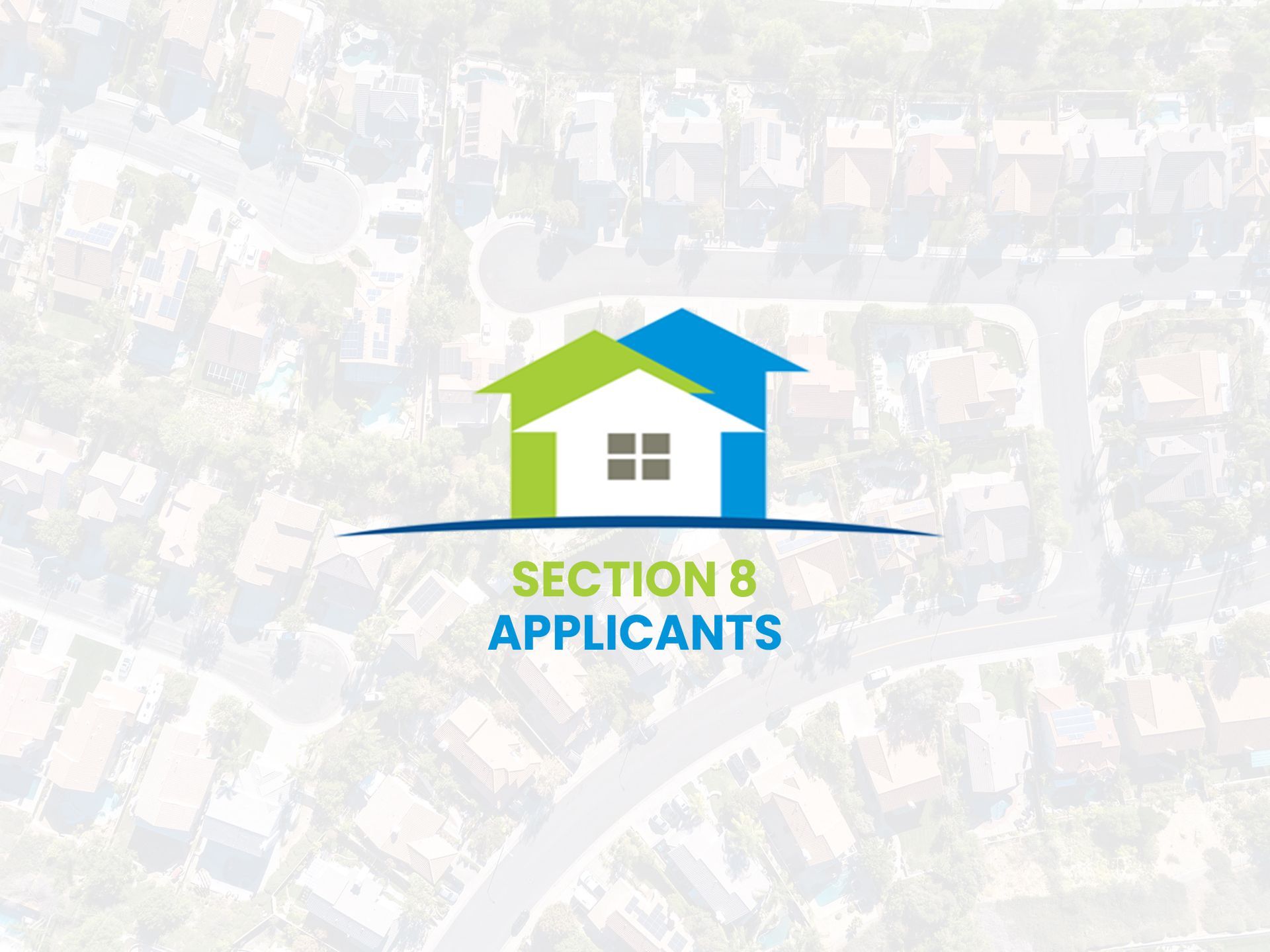By John Tiner
•
November 11, 2024
California has changed the rules for Application fees, how applications must be processed, and what landlords must do when they decline an applicant in 2025. AB 2493 effectively makes “first come first served” a requirement rather than just Fair Housing’s recommendation. AB 2493 Also changes the way Landlords respond to declined applicants in 3 ways: Landlords must provide a copy of their credit report whether they ask or not. Landlords must provide a receipt for their application fee that includes costs for processing the application. Landlords must provide a refund for any unused portion of the application fee. Tiner Property Management has enjoyed an incredibly low eviction rate for decades We are evicting less than 1 tenant a year with 1200 doors under management so literally 99.9% of our tenants do not get evicted each year. We attribute that to our excellent applicant screening process which, until now, utilized a “strongest applicant” process rather than “first come first served”. AB 2493 will force us to modify our process. Giving credit where credit is due: AB 2493 was authored and passed by Democrats. It passed with 57 Democrat votes and 3 Republicans (while 10 Republicans voted against it), and of course, signed into law by our Democrat Governor. The drive for this legislation came from stories of applicants who paid application fees 20 times before finding a home ($1000). They were often those who could least afford it. Until now, Fair Housing has recommended “first come first served”, but it was not the law. “Strongest applicant” policy is allowed as long as the screening criteria is applied equally and in accordance with Fair Housing law. To be clear, AB 2493 does not say you cannot have a “strongest applicant” screening policy - but it does say you must refund every application fee to declined applicants for any reason if you do not have a “first come first served policy”. Landlords can only keep an Application fee IF they meet ALL 4 of these conditions: Completed applications must be considered in the order they are received (“first come first served”). Landlords must provide screening criteria in writing WITH the application (not after). The first approved applicant who meets the screening criteria is approved for tenancy. Applicants are not charged an application fee until/unless they are actually considered (Don’t charge in advance anymore). #3 is not considered a violation if the landlord/PM inadvertently collects an application fee from an applicant as the result of multiple concurrent application submissions - so long as the landlord/PM provides a Application Fee refund within 7 days. An exception is made when a tenant and landlord agree to use the Application for another property for consideration - then if they do not qualify, the landlord can keep the Application fee. When a Landlord meets all 4 of those considerations, they can then keep the Application fee - even if the tenant is declined. If a landlord wants to retain a “strongest applicant” screening policy, they can (just apply your criteria equally and legally), BUT THEN YOU MUST REFUND EVERY APPLICATION FEE FOR EVERY DECLINED APPLICANT REGARDLESS OF THE REASON. Time limits for Application Fee refunds: The refund must go back within 7 days of you selecting a different applicant - or 30 days from when the application was submitted - whichever is first. I considered not charging for application fees so that I could keep my better “strongest applicant” policy. Then I did the numbers. Tiner Properties would lose over $140K per year if we did not charge for application fees. Applicants think we make a killing on application fees - but we actually lose money on them. Just the cost for running the credit report and averaging the cost of my applicant screening staff, I lose money on application fees - and there are many more costs than that. From a business perspective - it is not feasible to maintain a strongest applicant policy any longer. Is AB 2493 best for landlords? I don’t think so - but maybe. On the “no” side: Landlords are statistically better off with an overqualified applicant that has an 820 credit score, no debt, and a $15K monthly income - than a barely qualified applicant who arrived first with a 700 credit score, considerable consumer debt, and a $9K monthly income. The odds of late rents, eviction, rehab… all go up with the first applicant compared to the “strongest applicant”. On the “yes” side: A “strongest applicant” policy has become increasingly more risky. Almost every declined applicant could file a Fair Housing complaint saying you declined them for some protected status in the law (Race, color, religion, sex, family status and disability, gender expression, sexual orientation etc) Fair Housing even has a testing program to seek out non-compliance. Tenant advocacy groups are assisting declined applicants, helping them file civil rights complaints… It is time consuming and expensive to respond to a complaint - even when you have done everything right. The risk of such a complaint is lower for landlords who have a “first come first served policy”. From a cost perspective, compliance in this regard may save landlords money and grief. 3 Additional requirements of AB 2493 for declined applicants: Landlords must provide a copy of the credit report to anyone who paid an application fee and was declined within 7 days (this was formerly only required upon request of the applicant). Landlords must provide an itemized receipt to any declined applicants. The receipt must list out-of-pocket expenses and time spent to obtain and process the information about the applicant. PM/Landlords must refund any unused portion of the Application Fee. For example: If/When a landlord did not pull a credit report. Conclusion: Put your screening criteria in writing and give it out with your applications. Pay attention to the “completed applications” portion of this law. Example: Your written criteria may consider a completed application when the applicant has provided proof of income, proof of ID… Often the applicants who are most resistant to providing those items (everybody has “a story”) are the ones it would be better to decline anyway. Be sure to create and use a receipt describing all associated costs for processing your applications. Provide credit reports to every applicant you decline. Provide a refund for any unused portion of your application fee. Here is a link to AB 2493 . Disclosure: I am not an attorney and Tiner Property management is not a law firm. Do not consider this video/blog legal advice - seek legal advice from an attorney for your particular situation. How to contact us: If you need help with your rental and would like to hire Tiner Property Management, please reach out to us by calling 916-974-6003 or by email: Info@tiner.com or check us out on our website: tiner.com













